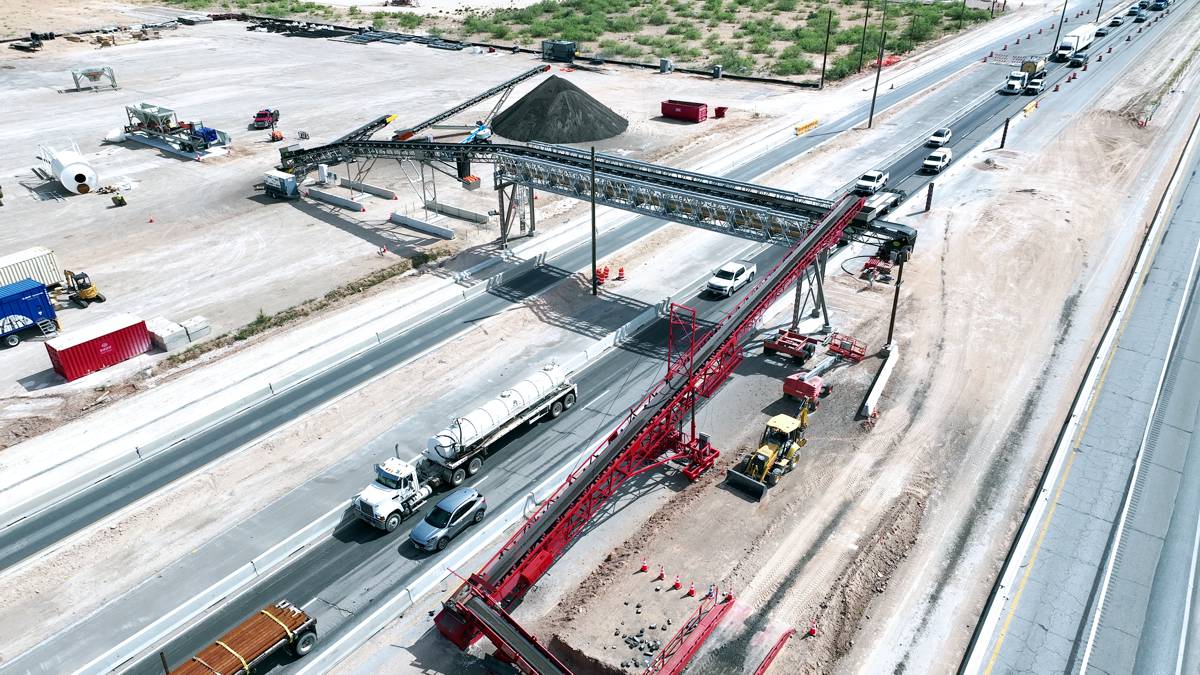Pioneering the Future of Road Condition Monitoring with PAS 2161:2024
The British Standards Institution (BSI) has unveiled a ground-breaking standard, PAS 2161:2024, which promises to revolutionise how road condition data is collected and reported across England.
This forward-thinking specification introduces a consistent and technology-agnostic framework for local authorities to monitor road networks, setting a new benchmark for transparency, efficiency, and innovation in road condition management.
A Game-Changer for Road Network Monitoring
PAS 2161:2024 is a Publicly Available Specification designed to address longstanding challenges in road condition monitoring (RCM). It applies to classified (A, B, C) and unclassified (U) roads in England, providing a structured approach to collect and report road condition data for national statistics. But what makes this standard truly exciting is its flexibility—unlike its predecessor, SCANNER, PAS 2161 doesn’t dictate the specific technologies local authorities must use.
Dr. Alex Wright, the technical author of PAS 2161, encapsulated its significance: “This specification is the result of extensive collaboration among stakeholders across the data collection industry, local authorities, and the Department for Transport (DfT). We’re grateful for the contributions from local authority engineers who validated our approach during the network study.”
This collaborative approach ensures the standard is robust, practical, and primed for future advancements.
Key Features of PAS 2161:2024
The specification sets out detailed requirements for collecting, processing, and reporting road condition data, aiming to improve accuracy, consistency, and usability.
Among its highlights:
- Condition Categories: Clear criteria for reporting road condition, enhancing comparability across regions.
- Technology-Neutral Framework: Encourages innovation by allowing any compliant technology to be used for data collection.
- Data Validation and Quality Assurance: Specifies rigorous requirements for validating and fitting data to ensure accuracy.
- Network Coverage: Defines the extent of data collection required for national reporting.
- Frequency of Reporting: Establishes timelines to maintain timely updates on road conditions.
- Data Formats: Standardises data submission formats for seamless integration into national systems.
- Capability Demonstration: Requires RCM providers to prove their technologies meet performance benchmarks.
Local authorities can also leverage this data for broader asset management purposes, extracting maximum value from their investments.
Unlocking New Opportunities
One of the standout benefits of PAS 2161 is the freedom it offers local authorities (LAs) in choosing data collection technologies. By eliminating the restrictions of SCANNER, LAs can integrate cutting-edge solutions as they emerge, driving cost efficiencies and operational improvements.
Moreover, PAS 2161 enables LAs to make better-informed decisions about road maintenance. From identifying stretches requiring immediate attention to prioritising long-term repairs, the data ensures interventions are timely, efficient, and, most importantly, impactful. This ultimately translates into safer roads and better value for taxpayers.
Testing the Limits of Innovation
To ensure compliance and effectiveness, the DfT is funding demonstration trials in 2025. These trials will test various RCM technologies against benchmark data collected by local authority engineers. Following a successful pilot study in Surrey during 2023, the expanded trials will cover diverse road types, conditions, and geographies across England.
Technologies that meet PAS 2161’s stringent performance standards will earn the coveted “demonstrated” status. For RCM providers, this represents an unparalleled opportunity to prove their solutions’ capabilities.
Why PAS 2161 Matters
The adoption of PAS 2161:2024 promises a host of benefits for all stakeholders in the road maintenance ecosystem:
- For Local Authorities: Streamlined processes, reduced costs, and improved road safety.
- For the DfT: Enhanced data consistency and reliability for national statistics.
- For the Public: Better-maintained roads and safer journeys.
- For Technology Providers: Opportunities to innovate and collaborate with local authorities.
By standardising data collection methods and encouraging innovation, PAS 2161 enhances decision-making and fosters long-term planning for road infrastructure. It’s not just a technical document; it’s a roadmap to smarter, more sustainable road management.
What Lies Ahead?
Although PAS 2161:2024 is already creating ripples in the industry, its journey is far from over. The specification is expected to evolve into a formal standard by 2026, reflecting insights gained from its real-world implementation.
Meanwhile, local authorities, engineers, and technology providers are encouraged to engage with PAS 2161 to shape its future iterations. Their contributions will ensure the standard remains a cornerstone of road condition monitoring for years to come.
Building Better Roads, One Specification at a Time
With PAS 2161:2024, the UK is setting a global example in road condition monitoring. By combining robust standards with flexibility and innovation, it creates a win-win scenario for all stakeholders involved.
As this specification gains traction, it will undoubtedly play a pivotal role in shaping the future of road infrastructure, making journeys safer and more efficient for everyone.





























